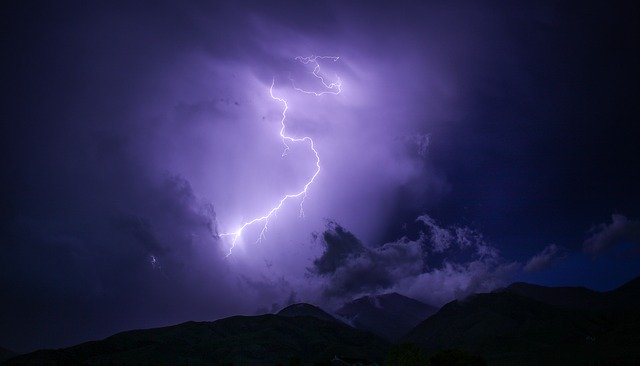Note that your final mark will not be saved in the system.
Setting and Props MatchUp
Drag the top boxes to their matching pair. You must match all the pairs before clicking ‘Check!’ Match the quotation with the relevant analysis. This quiz focuses on AO1 and AO2.

First Witch:
When shall we three meet again
In thunder, lightning, or in rain?
(Act 1, Scene 1)
The Witches:
Fair is foul, and foul is fair
(Act 1, Scene 1)
Lady Macbeth:
O, never
Shall sun that morrow see!
(Act 1, Scene 5)
Fleance:
The moon is down ...
Banquo:
There's husbandry in heaven,
Their candles are all out.
(Act 2, Scene 1)
Banquo:
It will be rain tonight.
(Act 3, Scene 3)
A heath. Thunder. Enter the three Witches.
(Act 3, Scene 5)
Macbeth:
Though you untie the winds and let them fight
Against the churches; though the yesty waves
Confound and swallow navigation up;
Though bladed corn be lodged and trees blow down ...
answer me
(Act 4, Scene 1)<
Duncan:
This castle hath a pleasant seat; the air
Nimbly and sweetly recommends itself
Unto our gentle senses
(Act 1, Scene 6)
Ross:
by th'clock 'tis day,
And yet dark night strangles the travelling lamp
(Act 2, Scene 4)